
Enter the exciting world of Assamese cinema, where gripping stories and social messages combine to enthrall viewers. For many years, the scenic Indian state of Assam has served as a center for creative expression. Assamese filmmakers have expertly constructed tales that offer amusement while simultaneously illuminating societal issues, creating a rare synthesis of the two. The Assamese film industry has created a stunning variety of films that have won praise from critics and won over audiences. These films, which span from historical dramas to contemporary stories, explore a wide range of themes, including the hardships of women, LGBTQ+ people, and severe environmental and socioeconomic issues.
The setting of
Jahnu Barua
Jahnu Barua, an Assamese Filmmaker, born on 17 Oct >> Read More...
 's film "Xagoroloi Bohudoor" is Majuli, an island in the Brahmaputra River in Assam. Hidimba, a little kid who observes his community being eroded by river flooding, is the focus of this movie. The fight of the villagers threatened with uprooting and losing their homes, farms, and means of subsistence, is at the center of the narrative. It draws attention to the socioeconomic and environmental difficulties that residents of riverine communities face. The movie promotes awareness of the importance of sustainable development, resource conservation, and cultural heritage preservation.
's film "Xagoroloi Bohudoor" is Majuli, an island in the Brahmaputra River in Assam. Hidimba, a little kid who observes his community being eroded by river flooding, is the focus of this movie. The fight of the villagers threatened with uprooting and losing their homes, farms, and means of subsistence, is at the center of the narrative. It draws attention to the socioeconomic and environmental difficulties that residents of riverine communities face. The movie promotes awareness of the importance of sustainable development, resource conservation, and cultural heritage preservation.
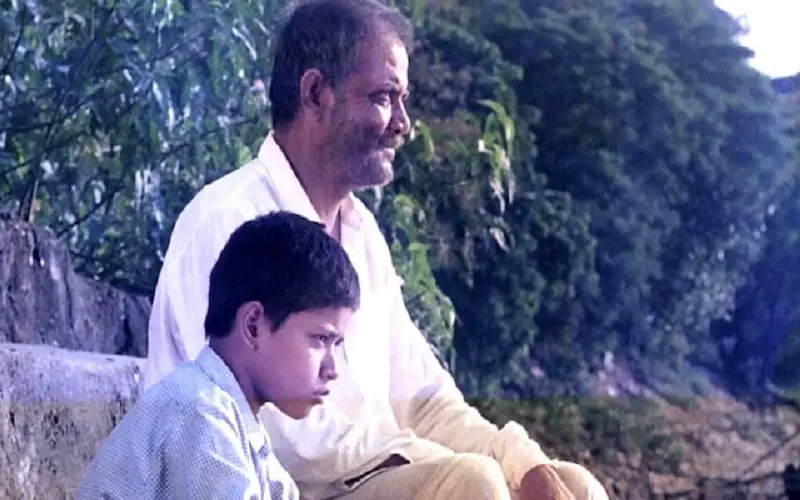
The
Abdul Majid
Bio coming soon... >> Read More...
 -directed film "Chameli Memsaab" examines the dowry and women's rights debate. Chameli, a worker in a tea garden, and Arjun, a recently hired tea estate manager, are the center of the movie. Chameli and Arjun decide to be married after falling in love. However, because of cultural pressures, class disparities, and the pervasive dowry system in their community, their relationship confronts many challenges. The video promotes gender equality and justice while shedding attention to the exploitation of women in marriage.
-directed film "Chameli Memsaab" examines the dowry and women's rights debate. Chameli, a worker in a tea garden, and Arjun, a recently hired tea estate manager, are the center of the movie. Chameli and Arjun decide to be married after falling in love. However, because of cultural pressures, class disparities, and the pervasive dowry system in their community, their relationship confronts many challenges. The video promotes gender equality and justice while shedding attention to the exploitation of women in marriage.
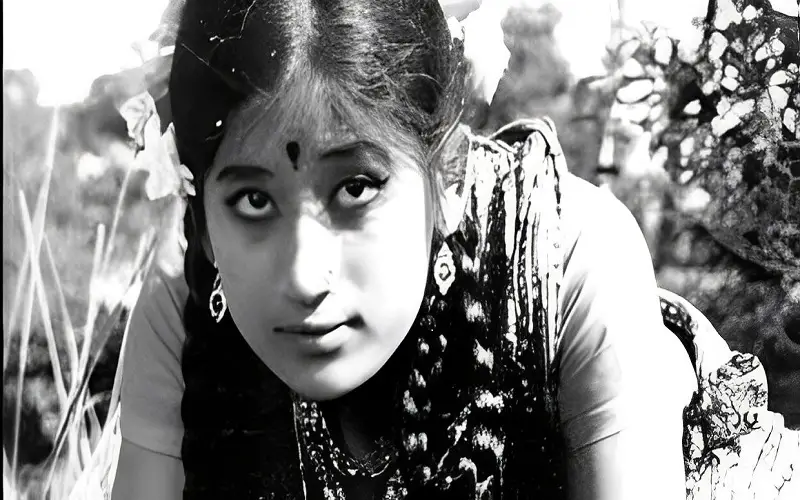
The movie "Joymoti" directed by Manju Bohra is set in 17th-century Assam, based on the real-life story of Joymoti Konwari. Joymoti, an Ahom princess of the Ahom dynasty, becomes the target of torture when she refuses to disclose the location of her husband, Godapani. She valiantly sacrifices her life in the name of democracy, choosing to protect her husband and uphold her principles. The film captures the essence of Joymoti's courage and the historical context of the time, offering a poignant portrayal of a woman's unwavering determination and sacrifice in the face of adversity.

Jahnu Barua's film "Aparoopa," tells the tale of Uma, a young woman who marries Sombhu, a mentally ill man. Despite societal obstacles and prejudices, the movie shows Uma's struggles as she tries to care for and support her husband. It explores the complexities of their relationship as well as Uma's emotional journey. The film dispels preconceptions, promotes empathy, understanding, and support for people and families coping with mental illness, and raises awareness of mental health issues.
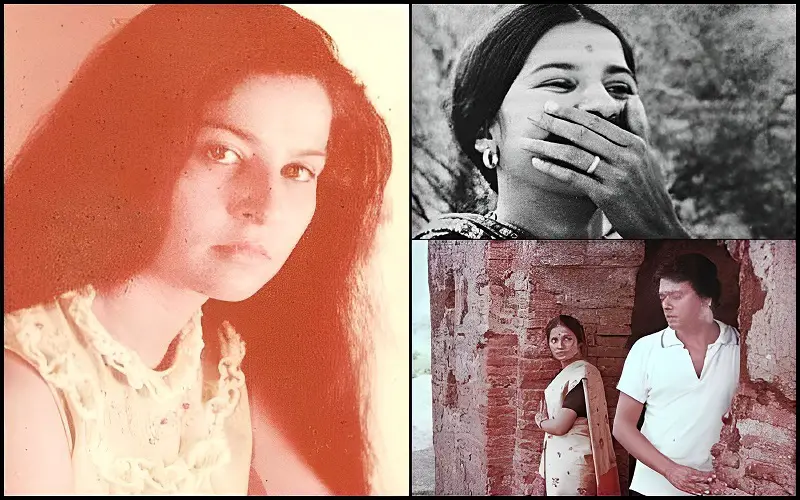
The Jahnu Barua-directed film "Halodhia Choraye Baodhan Khai" discusses the mistreatment of farmers and the value of land rights. Hori, a struggling farmer, battles an oppressive landlord who wants to take his land at the center of the movie. It illustrates the socioeconomic inequalities and widespread exploitation in rural areas. The need for fair land allocation, agricultural reforms, and the empowerment of marginalized farmers are all emphasized in the film.
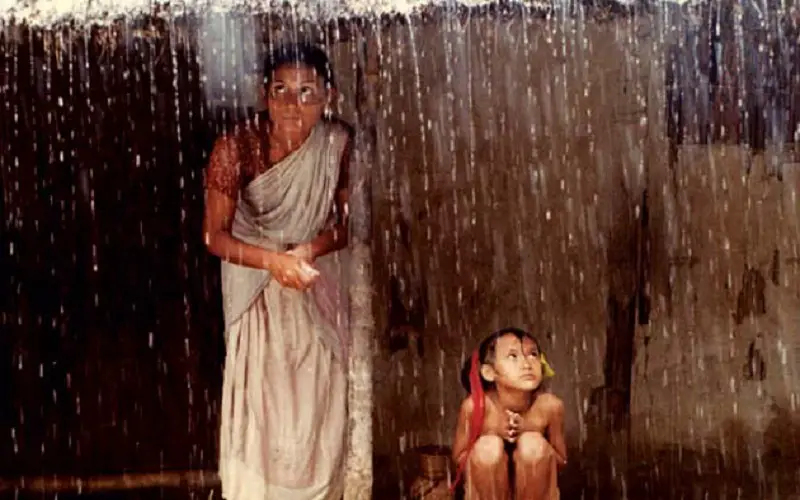
"Sonar Baran Pakhi," a biographical play directed by
Bobby Sarma Baruah
Bobby Sarma Baruah, also known as Bobby Sarma Baru >> Read More...
 , is based on the life of renowned Assamese folk singer Pratima Barua Pandey. The movie follows Pratima Barua's life from her beginnings in a remote village to her success as an accomplished artist. It shows her challenges, willpower, and unwavering devotion to music in the face of cultural obstacles and gender preconceptions. The film highlights Pratima Barua's contribution to Assamese folk music as well as the region's cultural history, demonstrating the ability of art to inspire and break down barriers.
, is based on the life of renowned Assamese folk singer Pratima Barua Pandey. The movie follows Pratima Barua's life from her beginnings in a remote village to her success as an accomplished artist. It shows her challenges, willpower, and unwavering devotion to music in the face of cultural obstacles and gender preconceptions. The film highlights Pratima Barua's contribution to Assamese folk music as well as the region's cultural history, demonstrating the ability of art to inspire and break down barriers.
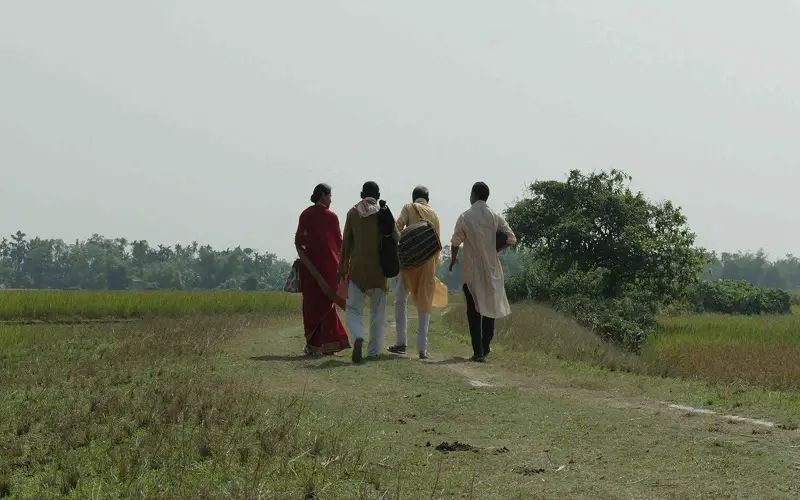
Jahnu Barua's film "Ajeyo" focuses on underserved groups in Assam, especially the Mishing tribe. The movie shows how these communities were taken advantage of by powerful people and businesses. It illustrates the fight for these marginalized communities' equality, fairness, and dignity. The film emphasizes problems including encroaching development, the disappearance of traditional livelihoods, and cultural preservation. To create a more equal society, it promotes empowerment, the preservation of cultural heritage, and inclusive growth.
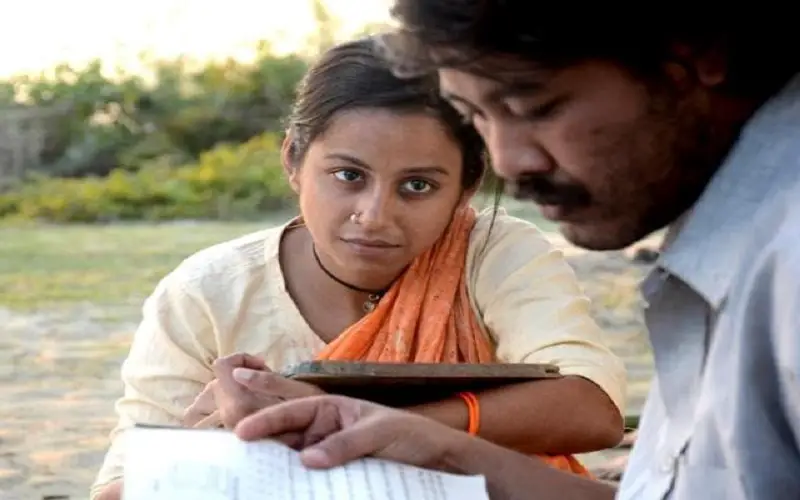
The Jaicheng Jai Dohutia-directed film "Haanduk" examines the problem of witch-hunting, which is pervasive in some areas of Assam. The main character of the movie is Dhoneswar, a young boy who comes across some purported witch-hunters in his town. It highlights the violent attitudes, prejudices in society, and irrational beliefs associated with witch-hunting. The film promotes knowledge, reason, and women's empowerment while also bringing attention to the need to end this cruel practice.
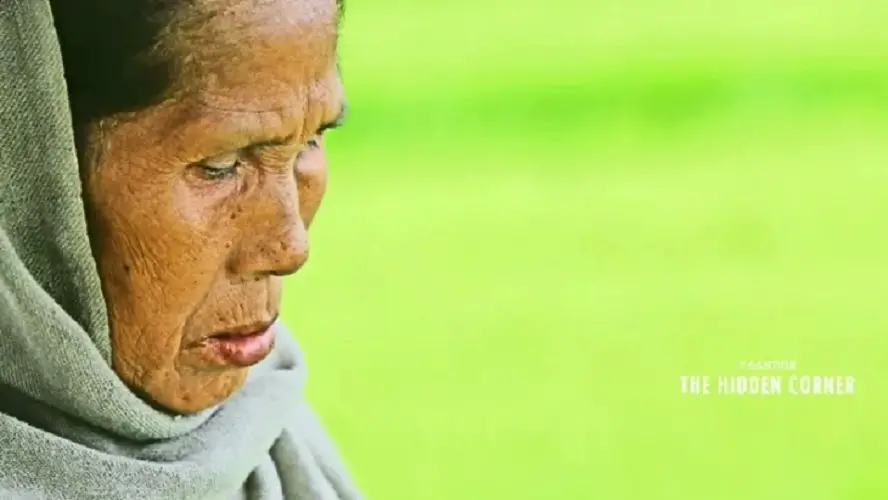
"Village Rockstars," a moving film by
Rima Das
Rima Das is a multi-faceted woman based out Assam. >> Read More...
 , is set in a small Assamese community. The movie follows Dhunu's journey as she pursues her aspirations of being a rock musician and owning a guitar. Dhunu perseveres in following her passion despite obstacles like poverty, gender restrictions, and a lack of resources. The film honors the spirit of tenacity, dreams, and the influence of imagination in rural children's lives. It emphasizes how crucial it is to develop talent, offer equitable opportunities, and remove social barriers.
, is set in a small Assamese community. The movie follows Dhunu's journey as she pursues her aspirations of being a rock musician and owning a guitar. Dhunu perseveres in following her passion despite obstacles like poverty, gender restrictions, and a lack of resources. The film honors the spirit of tenacity, dreams, and the influence of imagination in rural children's lives. It emphasizes how crucial it is to develop talent, offer equitable opportunities, and remove social barriers.
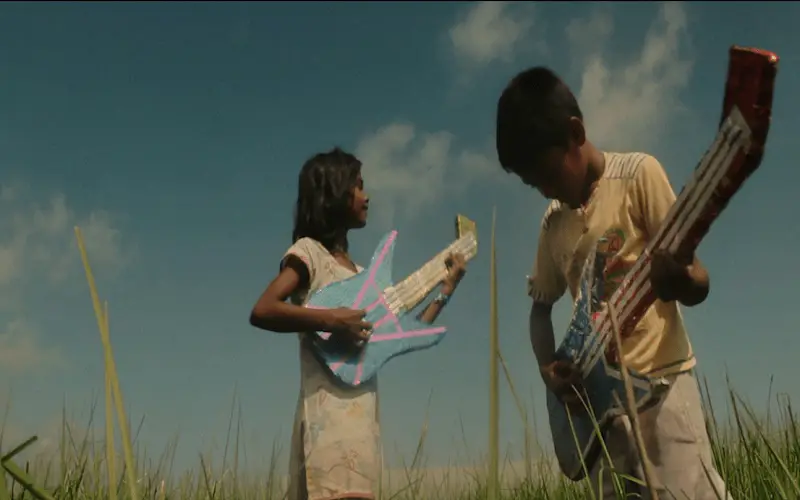
"Bulbul Can Sing," a film by Rima Das, explores the lives of three youngsters living in an Assamese village: Bulbul, Bonny, and Suman. The movie examines their adolescent experiences, including sexual experimentation, societal expectations, and the difficulties faced by LGBTQ+ people in a traditional setting. It illustrates the difficulties of accepting oneself, the requirement for comprehension, compassion, and emancipation from social conventions. The film promotes uniqueness, inclusivity, and the right to be oneself via the travels of the characters.
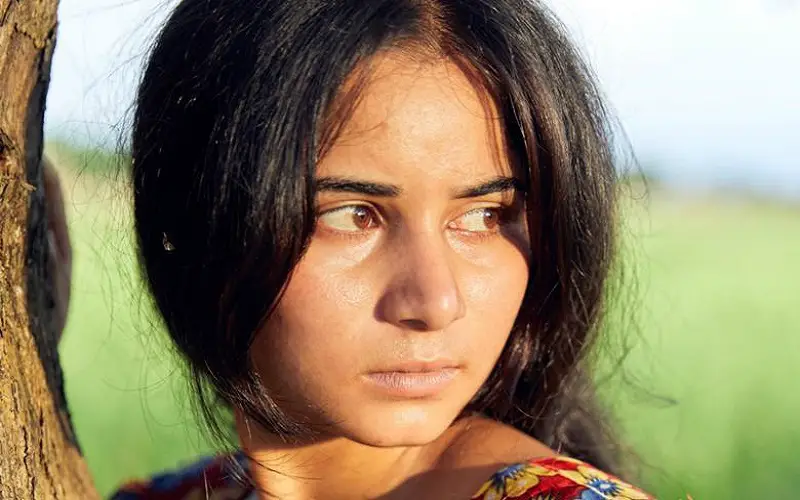
LATEST SERIALS & SHOWS